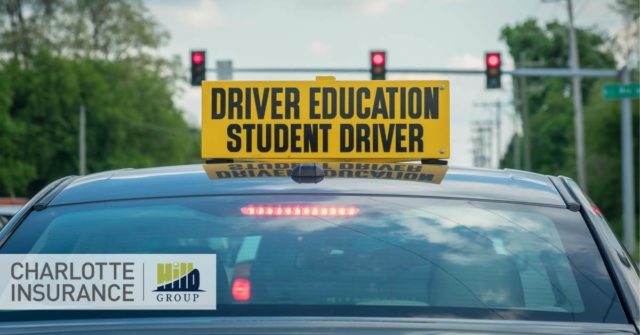The most exciting thing that happens in your teen’s life may be the scariest thing for you — learning to drive. You want them to learn, to have a bit of freedom, to run errands for you when you’re tired. But as parents it’s easy to worry about the potential dangers, too.
How can you help your new driver stay as safe as possible out on the road? Here’s what you need to know.
Why New Drivers Need Help
Teen drivers aged 16 to 19 are three times more likely to be in a fatal car crash than older drivers. Why is that? Studies show the main culprit is a lack of experience. New drivers don’t yet know how to handle the vehicle in a variety of conditions, don’t always react appropriately to situations, and don’t know how to drive in adverse conditions. At the same time, due to their inexperience, new drivers are more likely to miscalculate what’s happening in traffic. Some teens also tend to be more easily distracted and succumb to peer pressure or overestimate their own abilities.
How You Can Help
The biggest help to new drivers is more experience behind the wheel. Driver’s education classes and private lessons offer, on average, about six hours of on-the-road driving experience. Teenage drivers need at least 50 hours of practice to be proficient. This means they need extra lessons from their parents, guardians, and other responsible adults in their life.
Start by helping them learn the basic skills of driving. As they become better at those skills, slowly allow them to drive in more complicated situations under your guidance. Get into the habit of handing the keys to your new driver whenever you’re running errands or making a trip. The key, one study shows, is to give teenagers a variety of routes to practice. Yes, they can make the drive to school or to the grocery store on a regular basis, but they’re better served by also being allowed to drive in rainy weather, on highways, and in different levels of traffic.
Practice and experience are the biggest factors in raising safe drivers, but there are a few other things parents need to do.
- Set a good example. Put your phone away. Follow traffic laws. Drive as safely as possible.
- Explain your driving decisions. When you’re the one driving, talk to your teen driver about why you’re making certain choices and what you’re doing.
- Talk to your teen driver after lessons and ask questions so they can think critically about their own abilities. What did they do well? What will they do differently in the future?
The other thing your new driver needs is protection on the road, as does your entire family. Contact Charlotte Insurance today to discuss adding your teen to your auto insurance policy and what discounts may be available to lower your costs.

